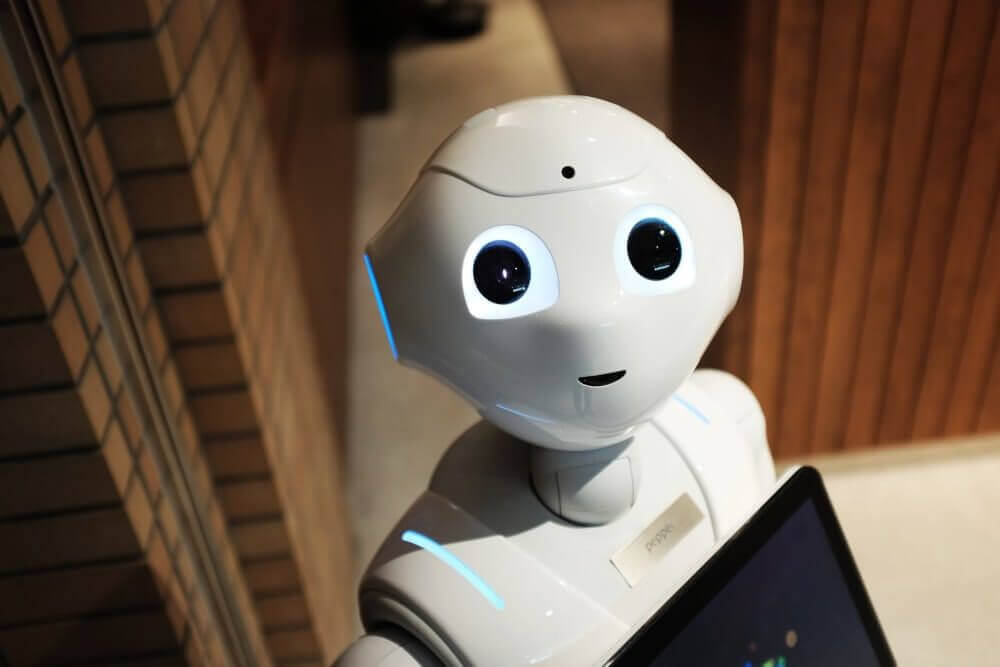* BARTER SYSTEM *
WHAT IS BARTER ?
Barter is an act of trading goods or services between two or more parties without the use of money —or a monetary medium, such as a credit card. In essence, bartering involves the provision of one good or service by one party in return for another good or service from another party.
DIFFICULTIES IN BARTER SYSTEM.
The following are the main difficulties which were found in the barter system:
Double Coincidence of Wants: ...
Lack of a Standard Unit of Account: ...
Impossibility of Subdivision of Goods: ...
Lack of Information: ...
Production of Large and Very Costly Goods not Feasible:
CHARACTERISTICS OF MONEY.
WHAT IS BLACK MONEY ?
In its simplest form, black money is money on which tax is not paid to the government. ... The portion of a country's income tied to black money affects the economic growth of the country. Black money causes financial leakage, as unreported income that is not taxed causes the government to lose revenue.
EVOLUTION OF MONEY.
1.) ANIMAL MONEY
Animal money- In the early days of civilization in the primitive farming communities' money took the form of animals. Domestic animals like cows, sheep, goats, etc were used as money. ... It is objects that have value in themselves as well as for use as money.
2.) COMMODITY MONEY
Commodity money is money whose value comes from a commodity of which it is made. Commodity money consists of objects having value or use in themselves (intrinsic value) as well as their value in buying goods.
3.) METALLIC COIN
Metallic money refers to coins made of various metals such as gold, silver, bronze, nickel, and so on. Its worth is guaranteed by the state's exclusive monopoly. The state owns the mining rights to the coins.
4.) PAPER MONEY.
Paper money is a country's official, paper currency that is circulated for the transactions involved in acquiring goods and services. The printing of paper money is typically regulated by a country's central bank or treasury in order to keep the flow of funds in line with monetary policy.
5.) PLASTIC MONEY.
Plastic money is a term coined keeping in view the increasing number of transactions taking place on the part of consumer for paying for transactions incurred by them to purchase goods and services physically and virtually. It includes credit cards, debit cards, pre-paid balance cards, smart cards etc.
6.) ELECTRONIC MONEY.
Electronic money (e-money) is broadly defined as an electronic store of monetary value on a technical device that may be widely used for making payments to entities other than the e-money issuer. The device acts as a prepaid bearer instrument which does not necessarily involve bank accounts in transactions.
















2 Comments
Nice explanation
ReplyDeleteNice
ReplyDelete